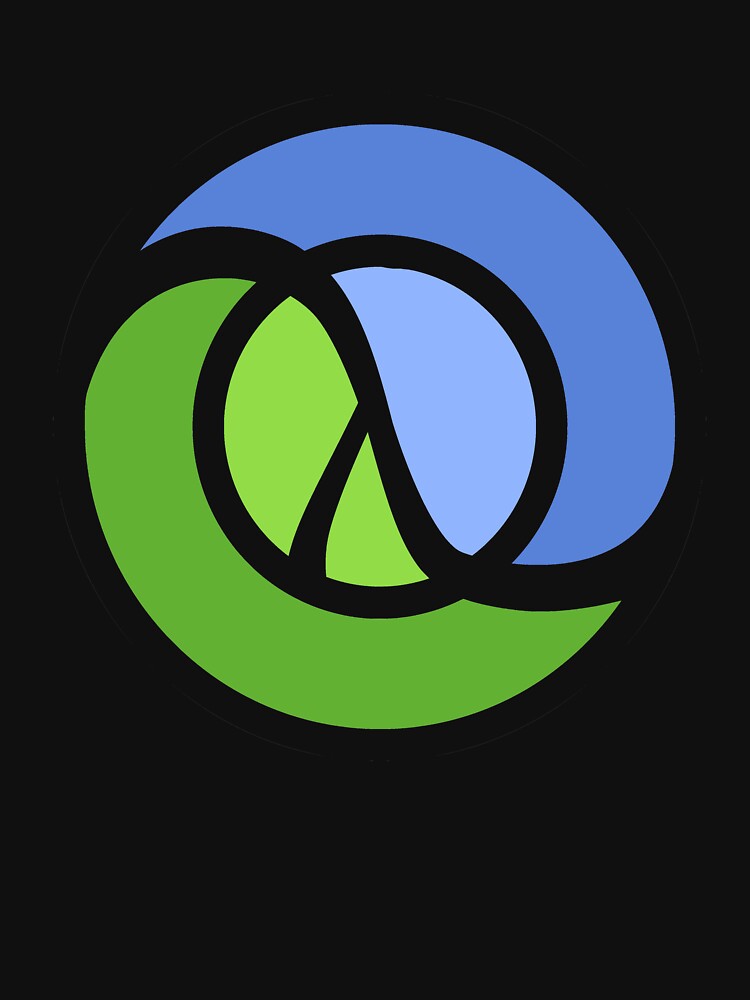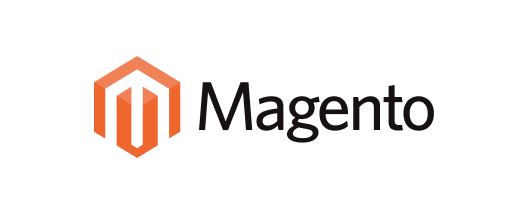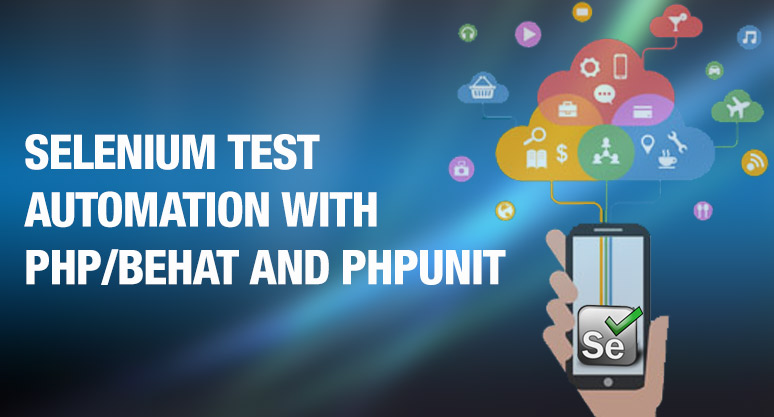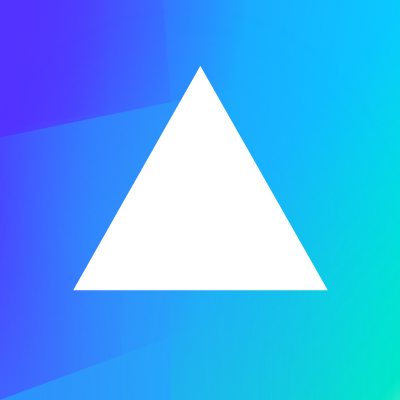Description
| Introduction of Clojure:
The Clojure standard library is a treasure trove of functions and macros that have been battle-tested over the years to solve the most challenging programming problems. Knowing what’s available in the standard library not only liberates programmers from mundane tasks like connecting to data sources, parsing XML, dealing with numbers but also more advanced problems like handling concurrency and parallelism. Having a deep knowledge of the Clojure standard library helps you solve problems quickly and more efficiently. Clojure, The Essential Reference is an extensive reference to the standard library but it doesn’t read as a dull list of functions. In addition to providing clear explanations for each topic, this guide is full of real-world examples, links, and background information. The book approaches difficult topics by illustrating them in a readable and pleasant way, using visual structure to emphasize the essential information. The book is designed to be used as a reference, but each function provides an interesting reading on its own, offering insight into functional and general programming. By using this reference, you will be able to make the most idiomatic and efficient choice while developing a Clojure application. Prerequisites for Clojure
ConclusionClojure is a modern, functional programming language that emphasizes simplicity and immutability, allowing developers to create robust and maintainable applications. Its seamless integration with the Java ecosystem and focus on concurrent programming make it an excellent choice for building scalable applications. With a solid understanding of the prerequisites, developers can leverage Clojure’s capabilities to solve complex problems efficiently and innovatively. If you are looking for customized info, Please contact us here |







Reviews
There are no reviews yet.